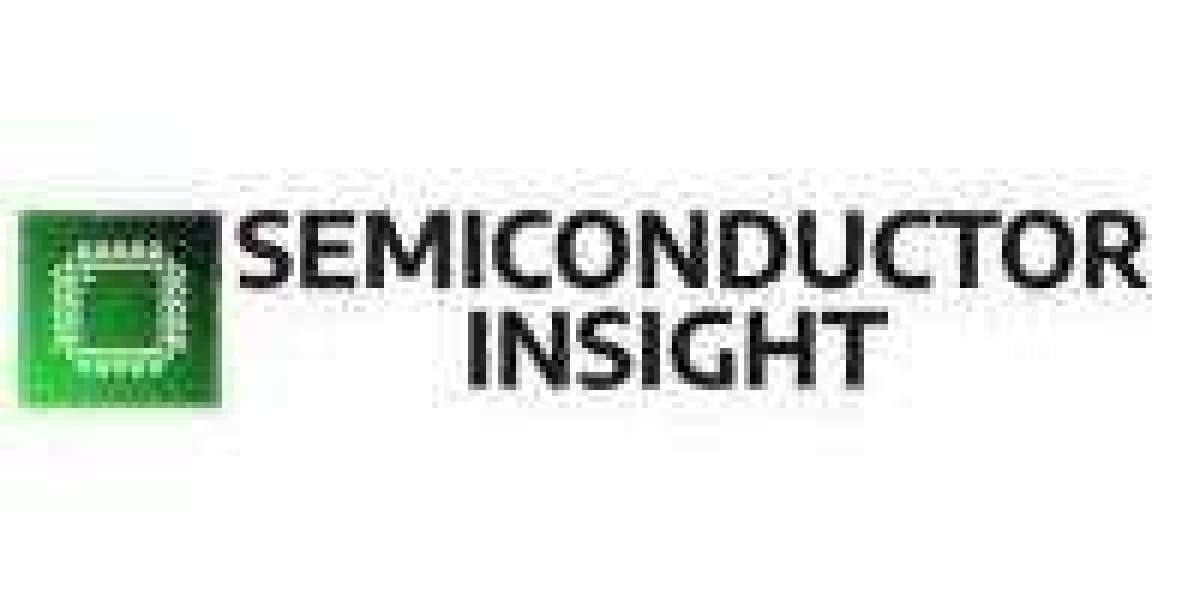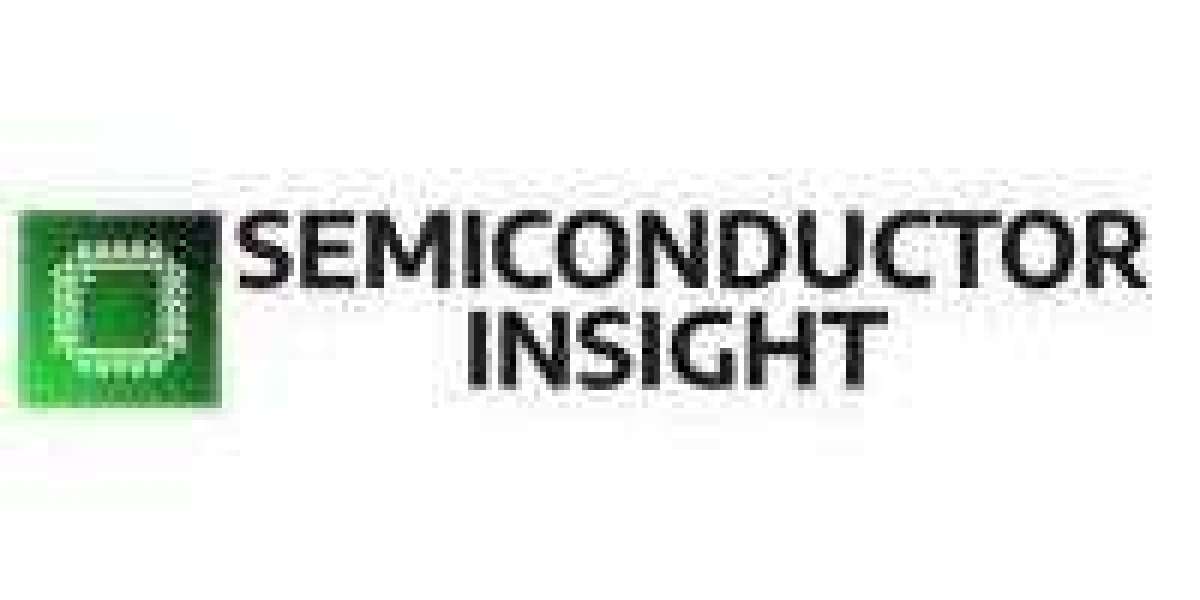Residential Users
Market Penetration and Growth:
- Penetration Rate: As of 2023, approximately 60% of households in North America and Europe have at least one LED table lamp. In emerging markets, this rate is around 35%, but rapidly increasing.
- Growth Rate: The residential LED table lamp market is projected to grow at a CAGR of 10.5% from 2024 to 2030, driven by the ongoing shift towards energy-efficient lighting solutions.
User Demographics:
- Age Groups: The primary users are aged 25-45, accounting for 55% of the market, largely due to their higher propensity for adopting new technologies and concern for energy savings.
- Income Levels: Middle to high-income households represent about 70% of the market, as these groups are more likely to invest in higher-priced LED lamps that offer better quality and features.
Regional Insights:
- North America: Leads with a 40% market share, driven by high disposable incomes and environmental awareness.
- Europe: Holds a 35% market share, with significant contributions from Germany, the UK, and France.
- Asia-Pacific: The fastest-growing region, with a CAGR of 12.7% from 2024 to 2030, spurred by urbanization and government initiatives promoting energy-efficient lighting.
Commercial Users
Offices and Workspaces:
- Market Penetration: Approximately 50% of offices globally have switched to LED table lamps, recognizing their cost-saving and environmental benefits.
- Adoption Rate: Expected to reach 70% by 2030, driven by corporate sustainability goals and the increasing focus on employee wellness through better lighting.
Market Size and Growth:
- Market Value: The commercial LED table lamp market was valued at USD 1.2 billion in 2023.
- Growth Projection: Expected to grow at a CAGR of 11.2% from 2024 to 2030, as businesses continue to upgrade to more efficient lighting systems.
Regional Adoption:
- North America: Dominates with a 45% market share, influenced by large corporate investments in sustainable infrastructure.
- Europe: Holds a 30% market share, with strong growth in countries like Germany and the Netherlands, where green building certifications are prevalent.
- Asia-Pacific: Emerging as a significant market, with a CAGR of 13.5% from 2024 to 2030, driven by rapid industrialization and office space expansion.
Educational Institutions
Schools and Universities:
- Market Penetration: Around 40% of educational institutions have adopted LED table lamps, with a focus on reducing energy costs and improving lighting quality for students.
- Growth Rate: Expected to grow at a CAGR of 12% from 2024 to 2030, as more schools invest in sustainable infrastructure and better learning environments.
Usage Statistics:
- Primary and Secondary Schools: Account for 60% of the market within educational institutions, driven by government funding and initiatives for greener schools.
- Higher Education: Universities and colleges represent 40% of the market, with a higher rate of smart LED lamp adoption for enhanced study environments.
Regional Insights:
- North America: Leads with a 35% market share, supported by substantial federal and state funding for educational improvements.
- Europe: Holds a 30% market share, with countries like the UK and Germany at the forefront of implementing energy-efficient solutions in schools.
- Asia-Pacific: Fast-growing market with a CAGR of 14.1% from 2024 to 2030, driven by expanding educational infrastructure in countries like China and India.
Consumer Electronics Integration
Smart Home Integration:
- Market Penetration: Around 25% of LED table lamps sold in 2023 were smart-enabled, allowing for integration with home automation systems.
- Adoption Rate: Expected to reach 50% by 2030, as smart home technology becomes more mainstream.
User Demographics:
- Tech Enthusiasts: Primarily aged 25-35, this group accounts for 40% of the smart LED lamp market, driven by a preference for connected devices.
- Families and Professionals: Represent 60% of the market, with a focus on convenience and energy management.
Growth Metrics:
- Annual Growth: The smart LED table lamp market is projected to grow at a CAGR of 15.8% from 2024 to 2030.
- Market Value: Valued at USD 500 million in 2023, anticipated to surpass USD 1.5 billion by 2030.
This research report provides a comprehensive analysis of the LED Table Lamps market, focusing on the current trends, market dynamics, and future prospects. The report explores the global LED Table Lamps market, including major regions such as North America, Europe, Asia-Pacific, and emerging markets. It also examines key factors driving the growth of LED Table Lamps, challenges faced by the industry, and potential opportunities for market players.
The global LED Table Lamps market has witnessed rapid growth in recent years, driven by increasing environmental concerns, government incentives, and advancements in technology. The LED Table Lamps market presents opportunities for various stakeholders, including Home Appliance, Commercial Appliance. Collaboration between the private sector and governments can accelerate the development of supportive policies, research and development efforts, and investment in LED Table Lamps market. Additionally, the growing consumer demand present avenues for market expansion.
Key Features:
The research report on the LED Table Lamps market includes several key features to provide comprehensive insights and facilitate decision-making for stakeholders.
Executive Summary: The report provides overview of the key findings, market trends, and major insights of the LED Table Lamps market.
Market Overview: The report provides a comprehensive overview of the LED Table Lamps market, including its definition, historical development, and current market size. It covers market segmentation by Type (e.g., 25W, 30W), region, and application, highlighting the key drivers, challenges, and opportunities within each segment.
Market Dynamics: The report analyses the market dynamics driving the growth and development of the LED Table Lamps market. The report includes an assessment of government policies and regulations, technological advancements, consumer trends and preferences, infrastructure development, and industry collaborations. This analysis helps stakeholders understand the factors influencing the LED Table Lamps market’s trajectory.
Competitive Landscape: The report provides an in-depth analysis of the competitive landscape within the LED Table Lamps market. It includes profiles of major market players, their market share, strategies, product portfolios, and recent developments.
Market Segmentation and Forecast: The report segment the LED Table Lamps market based on various parameters, such as by Type, region, and by Application. It provides market size and growth forecasts for each segment, supported by quantitative data and analysis. This helps stakeholders identify growth opportunities and make informed investment decisions.
Technological Trends: The report should highlight the key technological trends shaping the LED Table Lamps market, such as advancements in Type One technology and emerging substitutes. It analyses the impact of these trends on market growth, adoption rates, and consumer preferences.
Market Challenges and Opportunities: The report identify and analyses the major challenges faced by the LED Table Lamps market, such as technical bottleneck, cost limitations, and high entry barrier. It also highlights the opportunities for market growth, such as government incentives, emerging markets, and collaborations between stakeholders.
Regulatory and Policy Analysis: The report should assess the regulatory and policy landscape for LED Table Lamps, including government incentives, emission standards, and infrastructure development plans. It should analyse the impact of these policies on market growth and provide insights into future regulatory developments.
Recommendations and Conclusion: The report conclude with actionable recommendations for stakeholders, such as Application One Consumer, policymakers, investors, and infrastructure providers. These recommendations should be based on the research findings and address key challenges and opportunities within the LED Table Lamps market.
Supporting Data and Appendices: The report include supporting data, charts, and graphs to substantiate the analysis and findings. It also includes appendices with additional detailed information, such as data sources, survey questionnaires, and detailed market forecasts.
Market Segmentation
LED Table Lamps market is split by Type and by Application. For the period 2019-2030, the growth among segments provides accurate calculations and forecasts for consumption value by Type, and by Application in terms of volume and value.
- 25W
- 30W
- 40W
- 50W
- 60W
- Others
- Home Appliance
- Commercial Appliance
- North America (United States, Canada, Mexico)
- Europe (Germany, France, United Kingdom, Italy, Spain, Rest of Europe)
- Asia-Pacific (China, India, Japan, South Korea, Australia, Rest of APAC)
- The Middle East and Africa (Middle East, Africa)
- South and Central America (Brazil, Argentina, Rest of SCA)
- Major players covered
- Philips
- OSRAM
- Liangliang
- Panasonic
- GUANYA
- OPPLE
- Yingke
- DP
- Donghia
- VAVA
Key Drivers:
- Increasing demand for energy-efficient lighting: LED table lamps are highly energy-efficient and consume less power than traditional lighting solutions, driving their adoption among consumers seeking sustainable lighting options.
- Growing popularity of smart homes: The increasing adoption of smart home technologies is driving the demand for LED table lamps that can be controlled through voice commands or mobile apps.
- Personalization of lighting solutions: Consumers are seeking personalized lighting solutions that can be tailored to their specific needs and preferences, driving the demand for LED table lamps that offer customizable features.
- Aesthetic appeal: LED table lamps are available in a wide range of designs and styles, making them popular among consumers seeking to enhance their home decor.
- Durability and long lifespan: LED table lamps are highly durable and can last up to 40 times longer than traditional lighting solutions, making them a cost-effective option for consumers.
Restrains:
- High initial cost: LED table lamps can be more expensive than traditional lighting solutions, which can limit their adoption among some consumers.
- Compatibility issues: Not all LED table lamps are compatible with all smart home platforms and voice assistants, which can limit their adoption among some consumers.
- Health concerns: Some consumers are concerned about the potential health risks associated with the blue light emitted by LED lamps, which can impact their adoption.
- Durability concerns: While LED table lamps are generally durable, the quality of components used in their manufacture can impact their lifespan, which can limit their adoption among some consumers.
- Limited awareness: In some regions, consumers may not be aware of the benefits of LED table lamps over traditional lighting solutions, which can impact their adoption.



